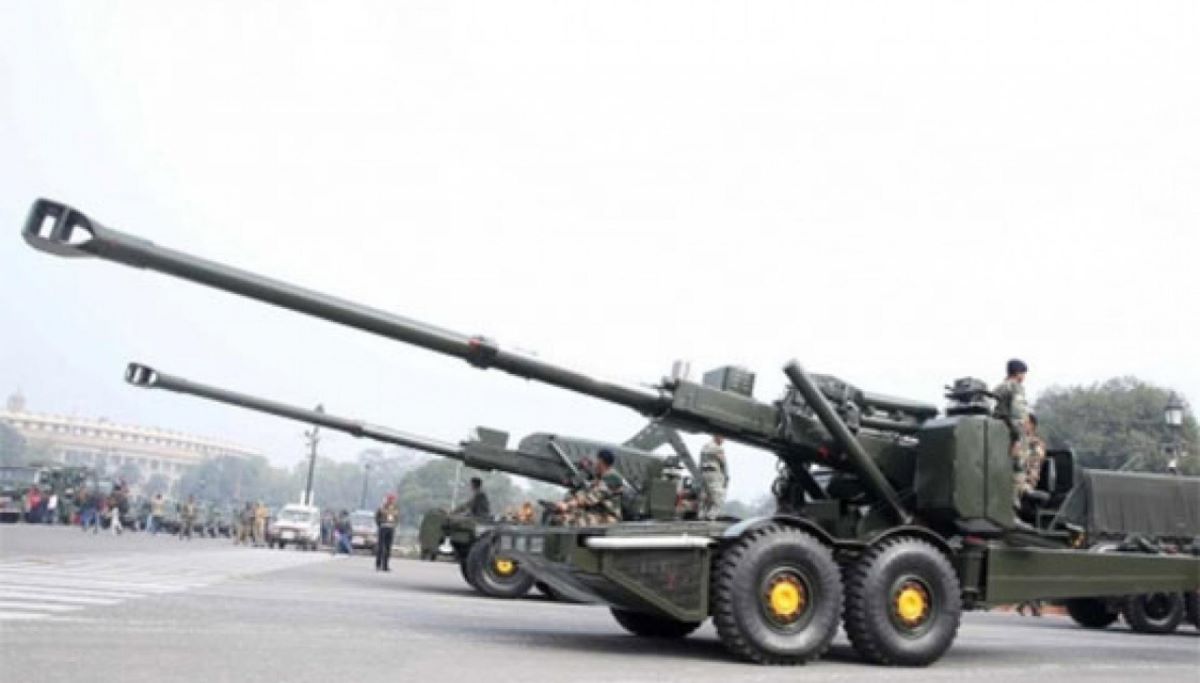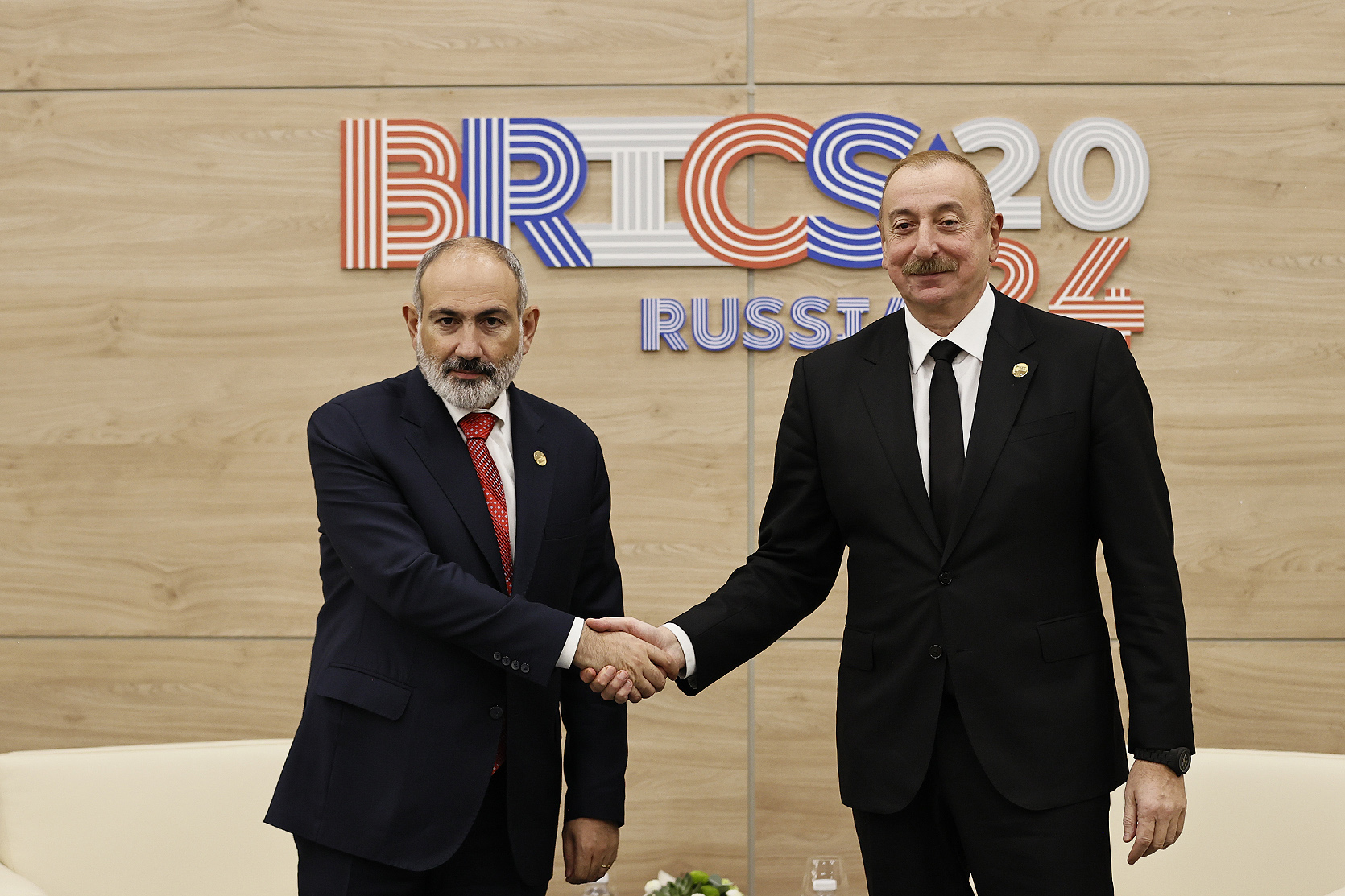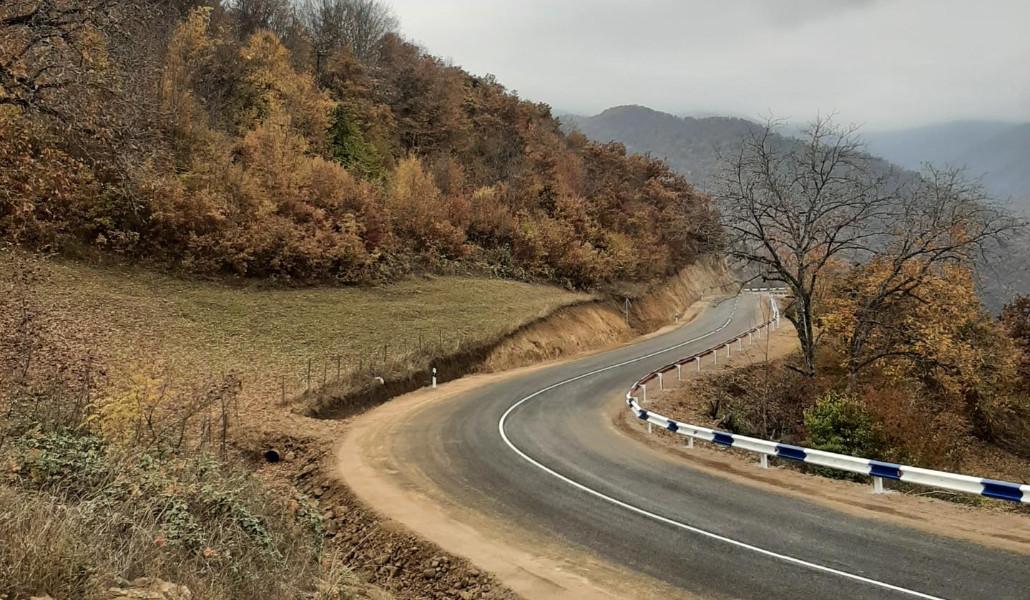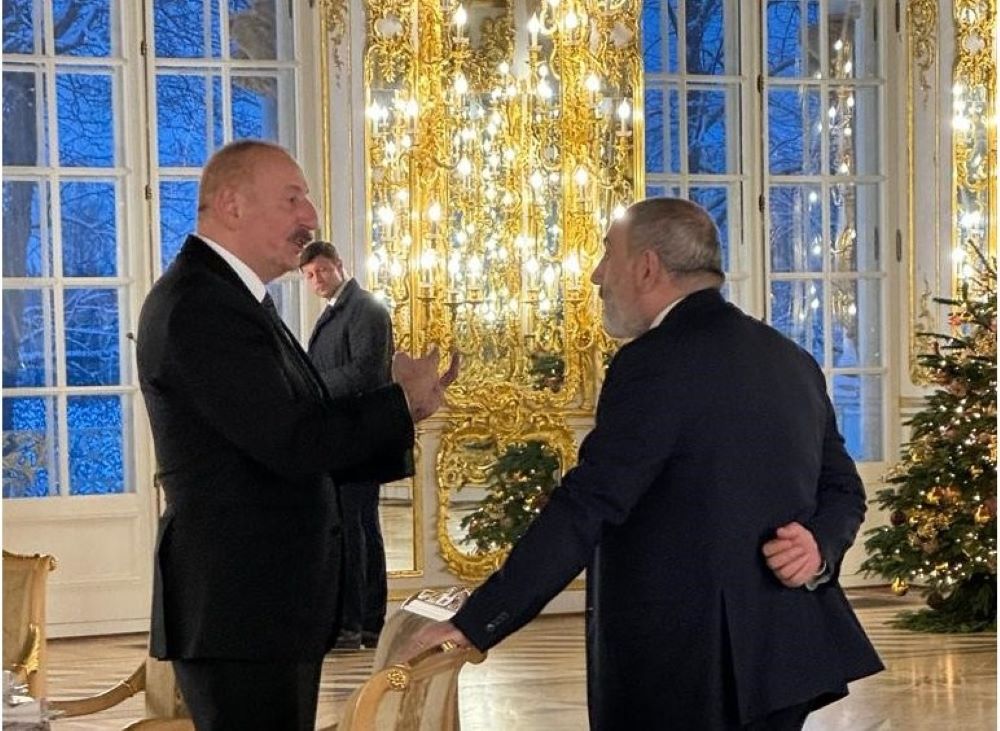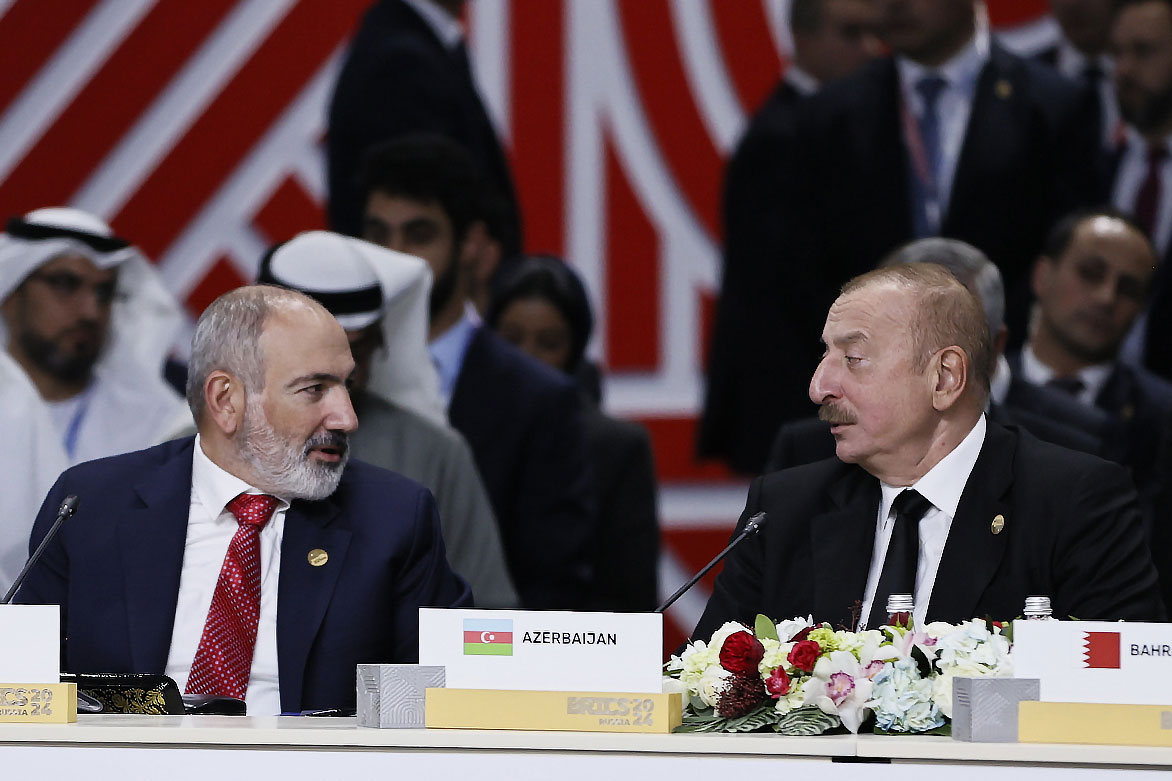
Yerevan stays silent on Baku’s leak
In Azerbaijan, the unresolved terms of the peace treaty with Armenia have been disclosed. The “leak” came from Azerbaijani expert Farid Shafiyev, head of an analytical center funded by Aliyev’s administration.
According to Shafiyev, the following provisions of the peace agreement—specifically Baku’s demands—remain unsettled:
- Amendment of Armenia’s constitution;
- Absence of foreign forces on the Armenia-Azerbaijan border (i.e., the EU’s civilian observation mission);
- Cessation of legal and diplomatic disputes in international bodies.
Yerevan has neither confirmed nor denied this information. Deputy Foreign Minister Vahan Kostanyan told Armenian journalists that negotiations are ongoing and deemed it inappropriate to “disclose the content of the discussions.”
Political analyst Narek Minasyan commented that if these provisions are indeed unresolved, there is “nothing surprising or new” for the Armenian side in this leak, noting that Yerevan has repeatedly expressed its position on these issues.
“Such leaks are aimed at somewhat hindering the potential for an agreement and narrowing the Armenian authorities’ room for maneuver,” he said on a local TV channel.
- “A phase of cautious optimism” – Armenian FM on peace agreement with Azerbaijan
- Yerevan: direct talks with Baku on unblocking routes “possible”
- 56% of Armenians back a peace deal with Azerbaijan: IRI survey
Azerbaijani expert addresses Armenia’s ‘demilitarization’
In his post, Farid Shafiyev also raised the issue of Armenia’s “demilitarization.” Previously, Hikmet Hajiyev, Assistant to the President of Azerbaijan, had spoken about the need to “impose restrictions on Armenia’s Armed Forces.”
Armenia’s Deputy Foreign Minister assured that there is no such provision in the peace agreement.
Vahan Kostanyan emphasized that Armenia has no intention of attacking the territories of its neighbors, and that strengthening the country’s defense capabilities complies with international law and the UN Charter.
“Armenia’s military acquisitions are aimed at enhancing its defense capabilities and are not directed against anyone,” he added.
Armenian Foreign Ministry yet to respond
The Armenian Foreign Ministry has not issued a statement regarding the “leak” of unresolved provisions from Azerbaijan. As a result, Armenian journalists turned to Deputy Foreign Minister Vahan Kostanyan for answers to pressing questions.
“Armenia is not negotiating with Azerbaijan to amend its constitution,” he stated.
Commenting on the demand to withdraw European observers from Armenia’s border, he noted that, as long as the Armenia-Azerbaijan border remains undelimited and issues persist, the presence of EU patrols is “important for security and stability.”
Regarding the removal of legal and diplomatic disputes from the agenda, he remarked that this issue should be considered within the broader process and context.
“For Armenia, there are many important issues outside the framework of this agreement, including humanitarian issues that also need to be addressed.”
Yerevan receives new proposals from Baku
On November 5, Armenia’s Foreign Ministry announced that it had received Azerbaijan’s response to proposals on the peace treaty, marking the 11th version of the document.
Earlier reports indicated that the document contains 17 provisions, with 13 fully agreed upon, 3 partially agreed, and one provision where the parties have not reached a compromise. A few months ago, Armenia’s Prime Minister proposed signing an agreement based on the articles already agreed upon, but Azerbaijan declined
The Deputy Minister stated that “one or two issues remain unresolved, where the parties have not reached a common position. He assured, however, that Armenia is prepared to respond to Azerbaijan’s proposals on the draft agreement as quickly as possible.
Additionally, he noted that Armenia’s participation in the COP 29 conference is also influenced by the dynamics of the negotiation process.
Vahan Kostanyan mentioned that there are currently no specific agreements regarding talks at the level of heads of state or foreign ministers:
“But the Armenian side is interested in intensifying meetings to complete the agreement’s text as soon as possible.”
Political commentator Narek Minasyan
“Armenia has clearly expressed its readiness to sign a peace treaty. The issue, however, is that Azerbaijan currently lacks the political will or desire to finalize the document.
Baku is maneuvering and stalling, likely waiting for the political situation in the US to become clearer.
It’s evident that Azerbaijan is using various mechanisms and methods to complicate the path to potential agreements, one of which is orchestrating this ‘leak.’
Armenian authorities have yet to confirm whether these specific points are indeed unresolved. We haven’t verified this and are not convinced that the “leak” is reliable or accurate.
However, it’s no coincidence that someone close to Azerbaijani authorities, such as the head of a state-funded think tank, would make such a disclosure. Moreover, these narratives are being circulated by state media and the propaganda channel Caliber.
Given Azerbaijan’s expertise in manipulation through its propaganda apparatus, it’s wise to approach this with caution. Let’s examine the disclosed provisions.
In essence, Azerbaijan has repeatedly demanded changes related to the Armenian constitution.
The treaty draft likely includes language on the absence of territorial claims against each other, yet Azerbaijan is trying to exploit this provision by demanding constitutional amendments.
Regarding the withdrawal of cases from judicial bodies, Armenian authorities have officially stated that this is acceptable—but only after signing a peace treaty. There’s another nuance here. Shafiyev’s comments suggest that additional steps or mechanisms are needed to prevent future claims against Azerbaijan from the diaspora or other entities.
It’s essential to differentiate between state-led claims, such as those filed by the Armenian state with the International Court of Justice, and individual claims. The state cannot waive individual claims, as this is impossible in a democratic country. We are not Azerbaijan.
Now, let’s discuss the presence of third-party forces on the border. If Azerbaijan is genuinely concerned about security, it should be noted that only the Armenian Armed Forces are present at the border. Previously, Russian border guards were stationed there, but they have since been withdrawn. Shafiyev’s comments, however, seem to target the EU observer mission.
At a minimum, Baku is uninterested in the EU receiving firsthand information from the border. They don’t want the EU to know who initiates potential provocations or escalations.
Such leaks are partly intended to hinder the achievement of an agreement.
When negotiations are confidential, there is greater flexibility for maneuvering and compromise. But when these provisions are made public, another factor—public pressure—comes into play. Decisions or compromises must then take this pressure into account.
I believe the likelihood of an Armenia-Azerbaijan peace treaty being signed in the near future is low, especially with the upcoming US presidential election, as Baku now sees new opportunities to harden its stance.”
Yerevan stays silent on Baku’s leak

